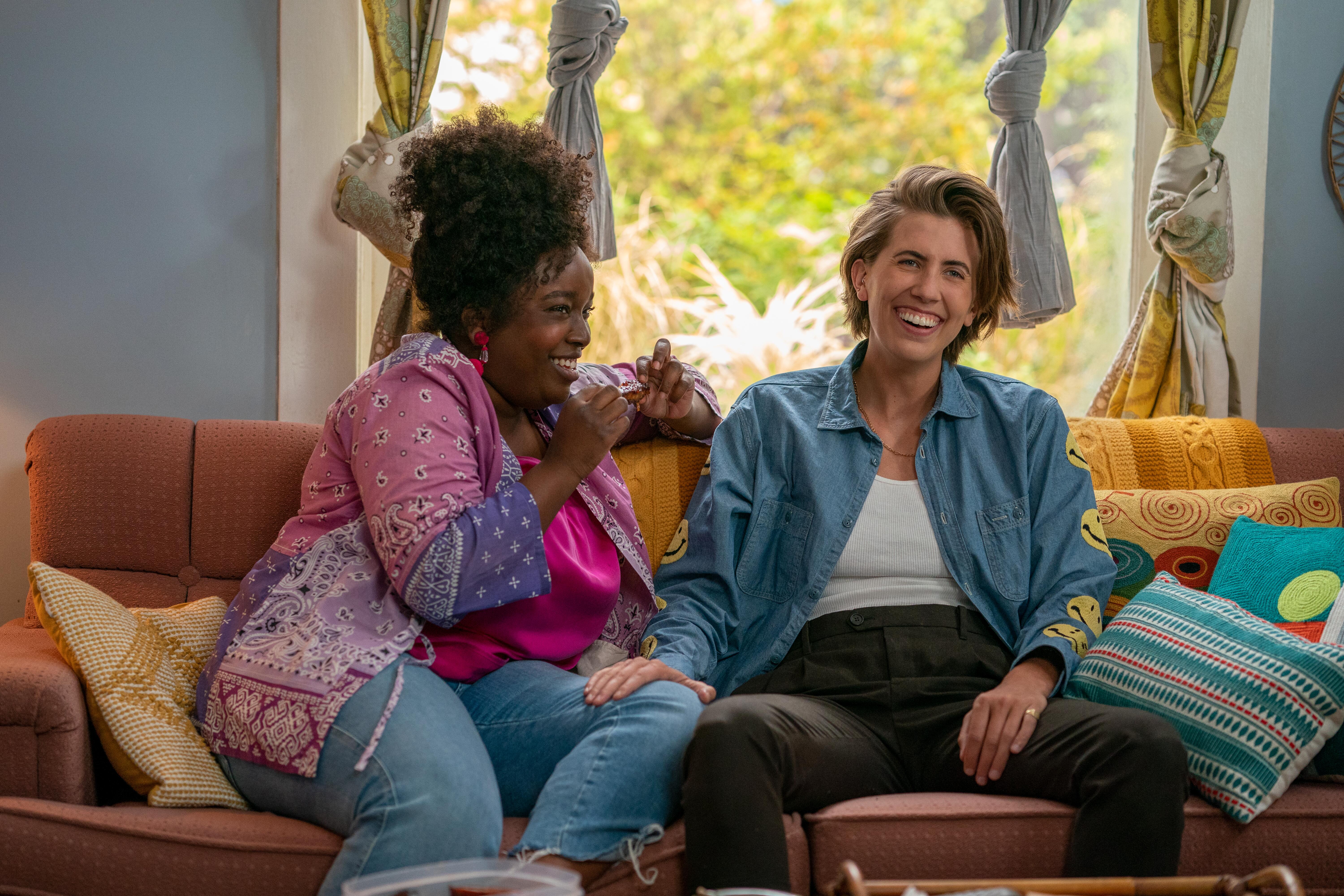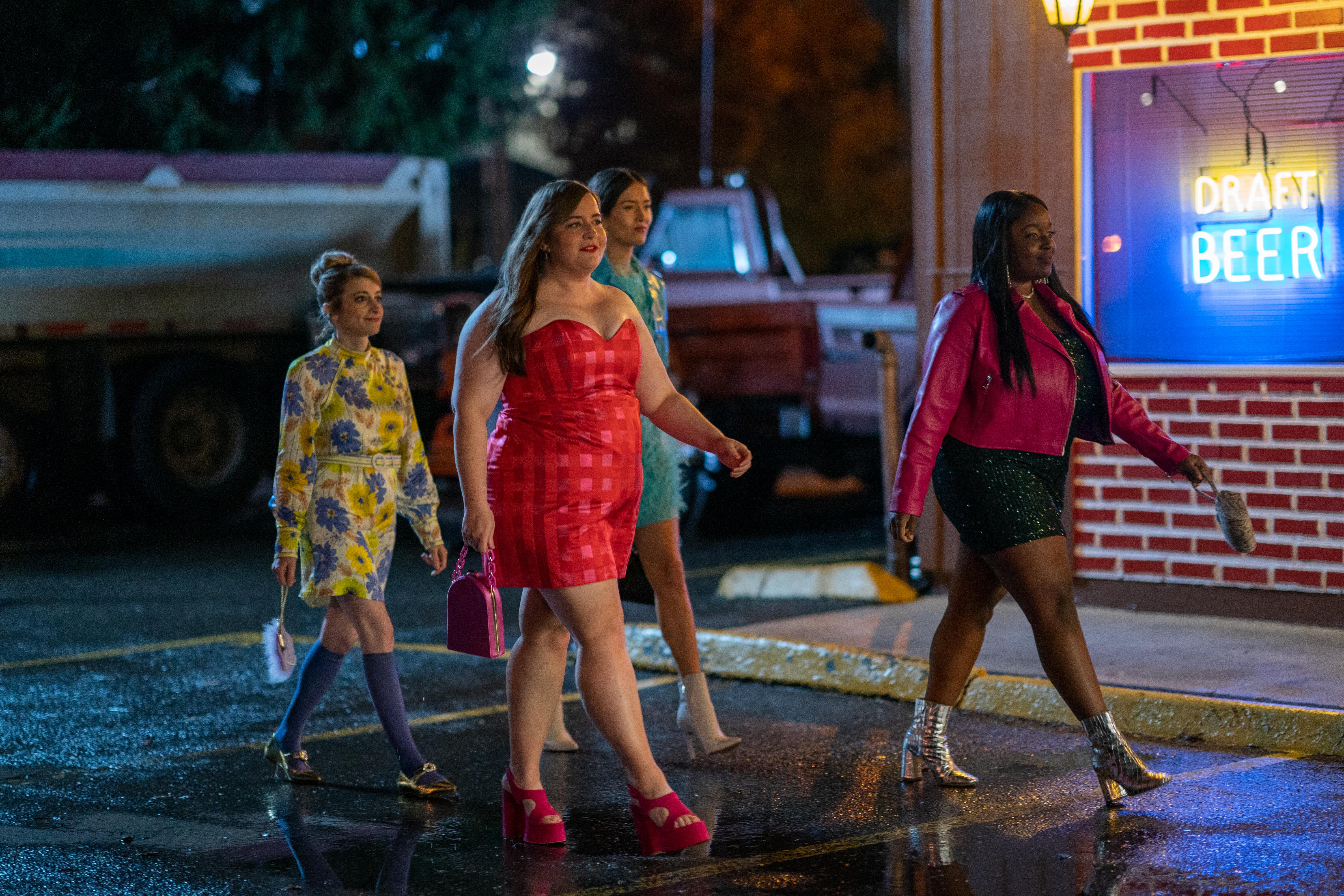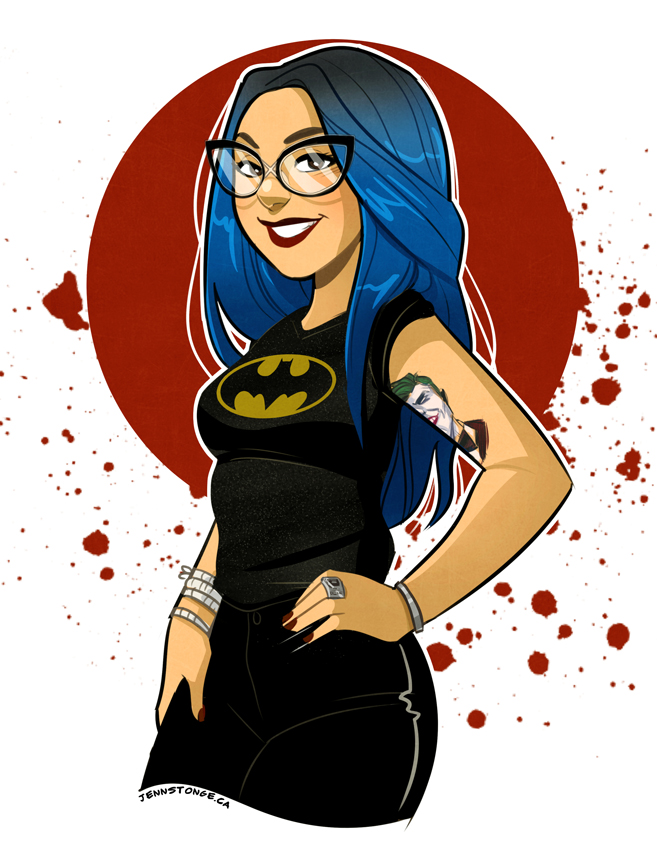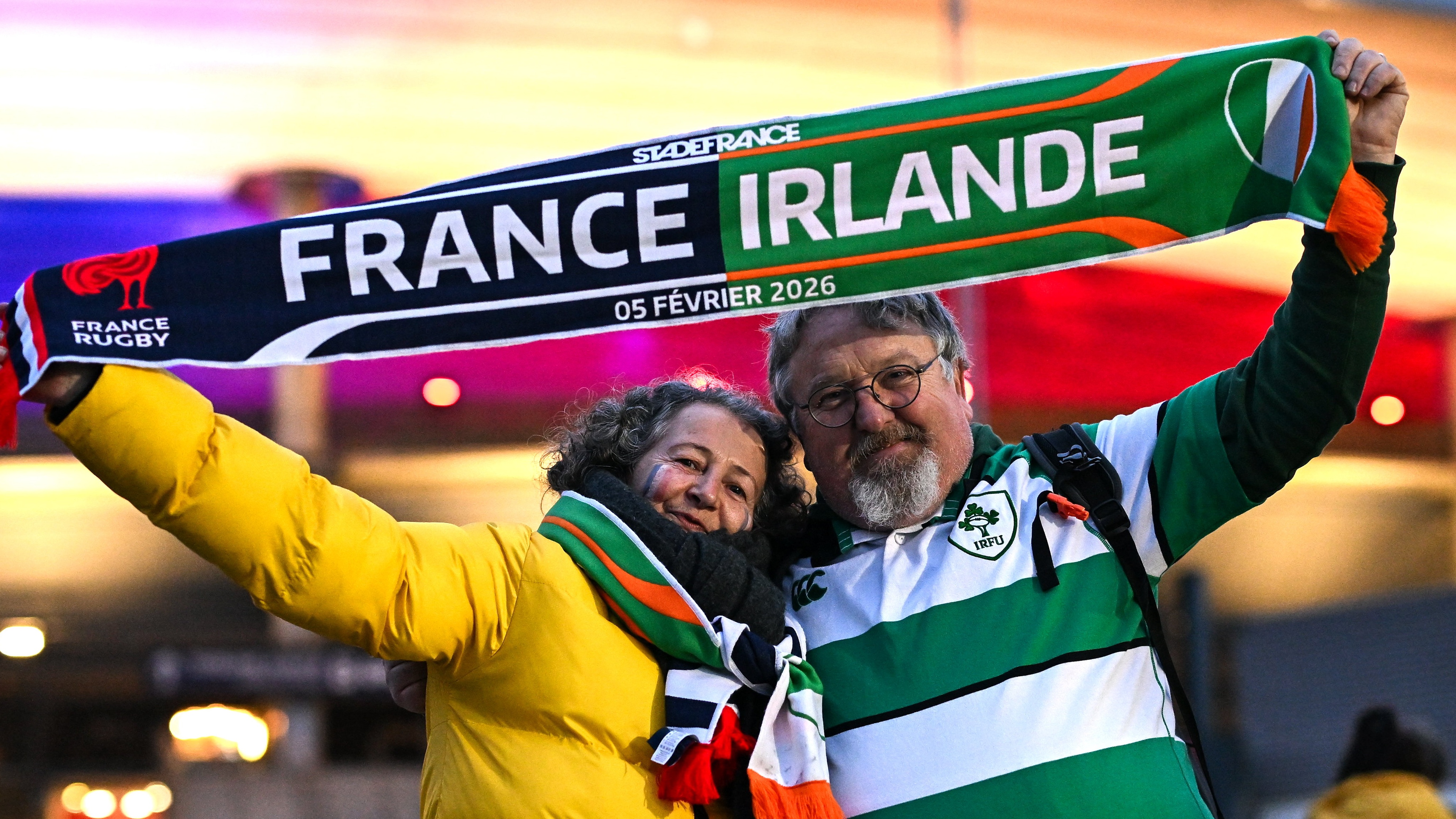What to Watch Verdict
The final season is a worthy sendoff for Annie and Fran. It's hilarious, it's cringey, and tells the stories of people who deserve to be seen.
Pros
- +
💄Viciously funny.
- +
💄Tackles issues even more intersectionally.
- +
💄A full season of “relatableeeee contennnttt.”
Cons
- -
💄Annie squeaks by from some shitty actions with no atonement.
- -
💄The show pivots to being a story of two women’s growth without earning it.
- -
💄A distinct lack of Patti Harrison.
This post contains mild spoilers for Hulu's Shrill.
“I love when you talk to me like a marriage counselor,” a man mutters in her ear, moments after jizzing on her arm. Annie (Aidy Bryant) is still on her journey through confidence, newly single and having some casual sex. In the opening of Shrill’s third season, she is hot, ready to rock, and comforting a fragile man. Sure, she’s slowly been finding agency and self-love, but Annie can’t help but feel compelled to make this strange man feel better about his inability to perform. She doesn’t grab her panties and run, because Annie is used to doing emotional labor for men, since she can’t shake feeling like she owes it to them for the privilege of their attention. Instead, she gives him a few more shots before leaving with a container full of leftovers.
This season, based on Lindy West’s memoires, “Shrill: Notes from a Loud Woman,” picks up where Annie left off. She’s gotten a glimpse at career growth and dumped her flop boyfriend, Ryan (Luka Jones). Annie’s spent much of the series gaining self-confidence and momentum and Shrill’s third and final season will see where that gets her. One might expect that by now, Annie has it all figured out. She has traded in the “skinny menu” pancakes and shirts buttoned up to the neck for calling herself hot and speaking up at work. But while Annie has pushed the entire world out of her way, she can’t help but get in her own. And while she realizes self confidence will take here farther, she can’t help how the world perceives and treats her. If the first season was about Annie learning to be daring, and the second was about the inherent momentum that comes from that behavior, the final season has Annie learning to get what she wants while having no idea exactly what that is.
At work, still writing for the alternative Portland paper, The Thorn, Annie is struggling to not be pigeonholed into taking on fat stories. Thus far, she’s gotten attention for her blog post “Hello, I’m Fat,” and ridden that wave into the favor of the ownership. With strong follow ups and career momentum, she pushes herself into different stories to avoid being tokenized. In doing so, she stumbles into a mess that forces her to understand that though she’s marginalized, she still has privilege, the privilege that allows her to safely enter the spaces of Separatists in order to profile them. Annie has been forced to face a world that doesn’t accept her for who she is, and in trying to bust through that, she treads on other groups. This season attempts to tackle the intersectional lens required for Annie’s journey, and not allow her to slink by for her proximity to a queer Black woman.

Shrill’s cast is an inclusive one. It’s, thus far, only really danced with the sorts of intersectionality that comes along with that, not often addressing the different experience Annie has as a fat woman, compared to her roommate, Fran (Lolly Adefope) as a fat, queer, Black woman. Rather than tokenize its own characters, Fran, Em (E.R. Fightmaster), and Amadi (Ian Owens) are given their own moments that don’t rely on Annie. In season 2, Fran had her own episode dealing with being a queer hairdresser in a traditional family that doesn’t accept her. This season, Fran’s career and relationship get time in the sun. Fran and Em, who has changed their name and adopted they/them pronouns, are loving all the parts of a new relationship. A familiar one of confusing and messy love, meeting each others’ families, thinking about the future, and the glories of sex. Fran and Em explore these things in ways that address who they are, like when Em’s father mis-genders them, but that’s never their prime story line. Shrill allows things like race, gender, and sexuality to affect its characters while never forcing those things to be their only reason for being onscreen. Further, the labor Black women have done for body positivity is quietly alluded to when the show takes us back to the beginning of Fran and Annie’s relationship. There are moments where they supported each other and moments where Fran made Annie feel good about enjoying a pizza while chatting about sex.
Though Annie has changed how she sees herself, she is helpless for how the world perceives her. So begets the angry, loud version of the character who experiences rage and hurt in good measure. When she visits a gynecologist, Annie is unexpectedly berated with the suggestion that she get gastric bypass surgery. When she puts herself out there with a new man who’s given her all the signals, she’s rejected. In both moments, the new Annie, the one we’d previously seen get quietly hurt when a fitness coach suggested she try new workouts and who took scraps of attention from Ryan who made her leave his house out the backdoor, gets angry. There’s anger she lobs at those who sting her, and anger she punts at those undeserving of it, like Amadi and his friend played by Cameron Britton, since she has come to expect the worst from those who perceive her as a fat woman. Having found her voice, Annie tells them off, but that doesn’t spare her from the humiliation and hurt she feels afterwards, because her confidence in herself only gets her so far.
For all it’s seriousness, Shrill is a comedy and this season crackles with cringe. Each character has their own brand of humor, and though fan favourite, Ruthie (Patti Harrison), doesn’t have a ton to do, her and Maureen (Jo Firestone) expertly deliver some of the most laugh-out-loud moments. The women of the series get time to showcase the power of female friendship, culminating in a dreamy episode where they have a night out full of encouraging selfie-shoots.
The latest updates, reviews and unmissable series to watch and more!
Annie’s grown, but she is still the young-under-thirty woman who, like many of her age-group cohorts, doesn’t know exactly what she wants and will get punched in the face by the world as she tries to figure it out. Annie is fallible, messy, often immature, and not immune from doing the punching herself.
Shrill takes place over a rapid short time in a twenty-something’s life, and it knows that. It never leaves us with a feeling of having wrapped things up, never with a bow, and never with some major final moment. Instead, it tracks the real trajectory of a woman stuck in her generation’s arrested development tripping her way through to the next phase of her life. Shrill is the snapshot of the experience of a woman’s growth and change at a time in her life, it’s not Annie’s whole story.
- Hulu & Hulu Live plans, pricing and channels
- The best Hulu shows
- How to watch Hulu without commercials
- How many simultaneous screens can Hulu have?
- How to clear your Hulu viewing history
- The best Hulu movies
Lindsay Traves is a Toronto-based writer. After submitting her Bachelor’s thesis, “The Metaphysics of Schwarzenegger Movies,” she decided to focus on writing about her passions; sci-fi, horror, sports, and comic books. You can find her writing on CGMagazine, Pajiba, What to Watch, Grim Magazine, StarTrek.com, and Bloody Disgusting and can follow her work on Twitter and Instagram. You can also check out her podcast, The Pod and The Pendulum, at your usual podcast spots and find The Smash List on YouTube for tech reviews.


